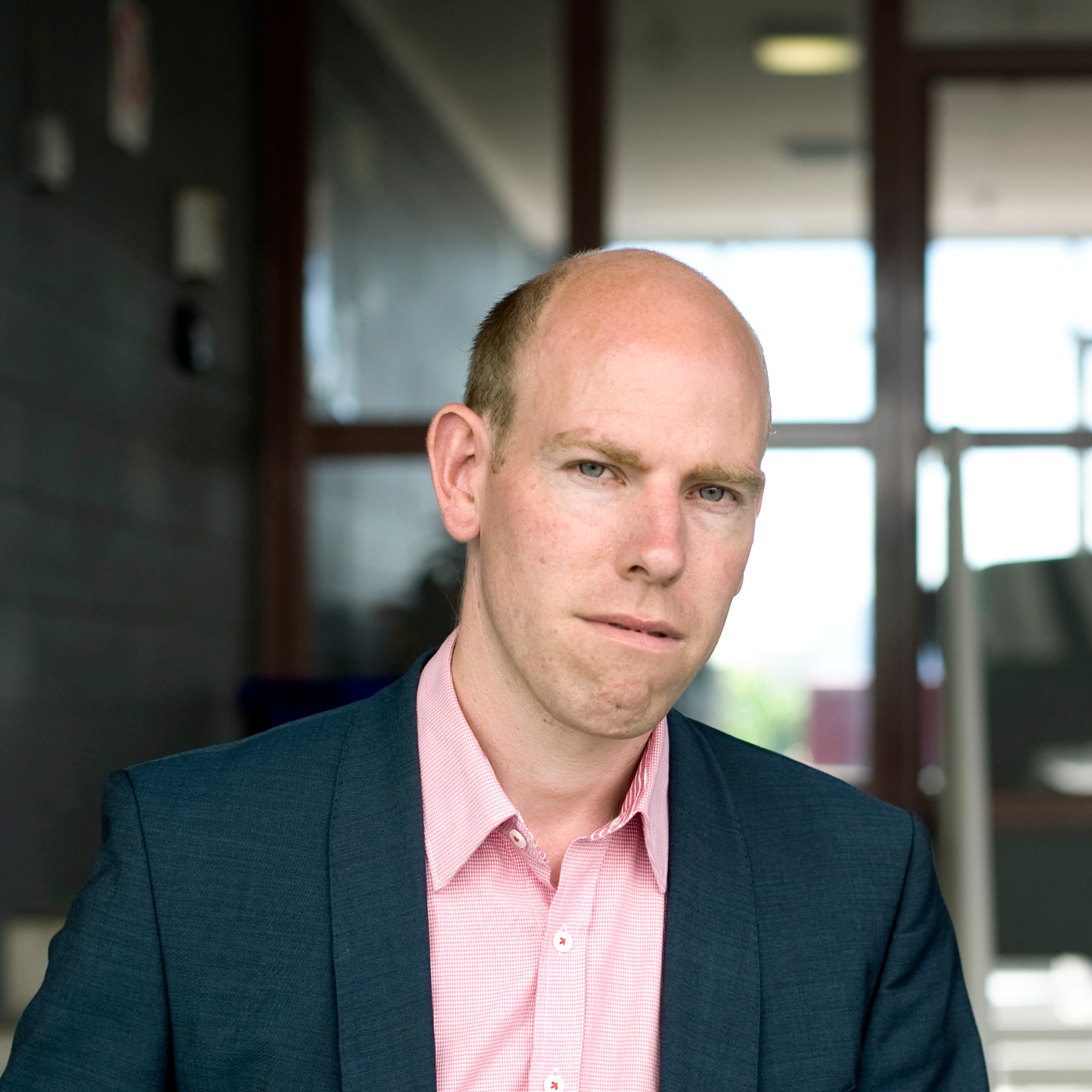Karen Gomyo double bill
NZSO Performs Mahler and Berg/Beethoven and Bruch with Karen Gomyo
Reviewer: Max Rashbrooke
Friday, 11 August and Saturday, 12 August - Two NZSO concerts in two nights this weekend was a real treat – although, like a box of chocolates, some parts were more of a treat than others.
Friday night began with young New Zealand composer Salina Fraser’s Rainphase, a tone poem inspired by the movements of water and wind. It had some lovely moments and clever writing, as in the imitation of raindrops by the violins. But it felt very much a surface piece, image-painting without giving a sense of what those sensations meant to the composer or might mean to the audience. I appreciate that Fraser was interested in exploring precisely those surface textures, but the result, for me, just wasn’t compelling.
Next up was Berg’s violin concerto played by guest star Karen Gomyo. She’s clearly a hugely gifted artist in technical terms, handling the enormous complexities of the concerto with almost total assurance. But I would have liked more variety in the phrasing and dynamics; by the end of the piece I felt a bit like I’d been bludgeoned.
After the break, in contrast, there was nothing to complain about in the rendition of Mahler’s First Symphony. I’ve been critical in the past of music director Edo de Waart’s relatively conservative approach to conducting, but for a piece, as he put it in his programme notes, “brimming with ideas” but “not totally formed”, it was the perfect attitude. De Waart made a fine job of handling the subtle rhythmic changes in the opening passages, the haunting calls from the woodwinds rang out clear and true, and some lovely phrases surged up out of the strings.
The double basses in particular were in great form, not just in the celebrated and ominous ‘Frere Jacques’ motif but throughout. There was a controlled but wonderful energy in the dancing second movement, and a slightly old-world and noble sound from the strings in the fourth movement before an exhilarating ending. It felt, as someone said to me after the concert, like hearing a master at work.
And so onto the second night, a crowd-pleasing combo of the Bruch violin concerto and Beethoven’s Symphony No. 7 (although I note that even this blockbuster couldn’t summon up a full Michael Fowler Centre).
Kicking things off was a brief and turbulent John Adams piece, Short Ride in a Fast Machine, handled with energy and aplomb. Once again I was slightly disappointed by Gomyo in the Bruch; it was another strong, technically assured performance, but it lacked both the big sound and the gentler, more caressing feeling that other soloists conjure up. I also had the slight feeling both nights that soloist and orchestra weren’t entirely in harmony, somehow – as if the two were playing on the same stage but not quite together.
Rounding everything off was the Beethoven, for me a mixed experience that epitomised the whole double bill. De Waart’s careful, spare approach reaped great rewards in the opening movements: you could hear every nuance, every detail, in ways that can be crowded out in more hairy-chested renditions, to use Stephen Hough’s phrase. At times the players – notably Bridget Douglas on flute – were very exposed, but the reward was a moving and clear account of the music.
But the later movements were something of a letdown. In a piece sometimes described as the apotheosis of the dance, you want a bit of danger, a sense that real bacchanalian release is just around the corner, and there was none of that. It was all very well done, but for me at least, a little too much on the safe side.



 Rachelle Martin & Kaaren Mathias, The Conversation: 1 In 6 New Zealanders Is Disabled. Why Does So Much Health Research Still Exclude Them?
Rachelle Martin & Kaaren Mathias, The Conversation: 1 In 6 New Zealanders Is Disabled. Why Does So Much Health Research Still Exclude Them? Athletics New Zealand: Connor Bell Breaks NZ Discus Record (Again)
Athletics New Zealand: Connor Bell Breaks NZ Discus Record (Again) Tertiary Education Union: UCOL Cuts Will Cause Lasting Damage
Tertiary Education Union: UCOL Cuts Will Cause Lasting Damage National Library Of New Zealand: Kate De Goldi Named Te Awhi Rito Reading Ambassador For Aotearoa
National Library Of New Zealand: Kate De Goldi Named Te Awhi Rito Reading Ambassador For Aotearoa Hikoi for Health: Healthcare Crisis Drives Cross-Country Protest | Hīkoi For Health Set To Begin
Hikoi for Health: Healthcare Crisis Drives Cross-Country Protest | Hīkoi For Health Set To Begin University of Auckland: New Zealand Professor's Paper Is One Of Century's Most-Cited
University of Auckland: New Zealand Professor's Paper Is One Of Century's Most-Cited